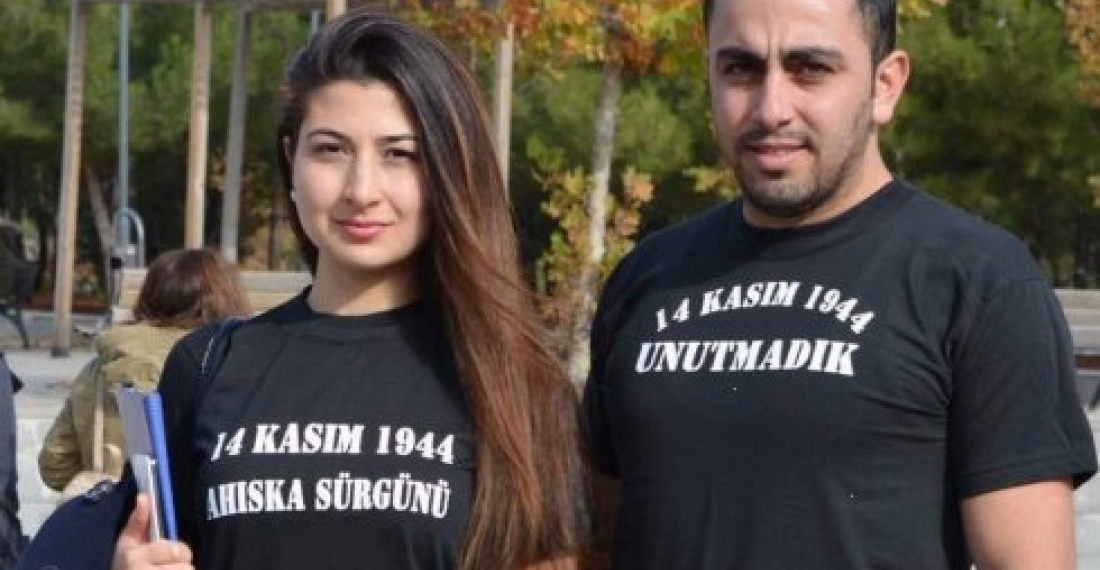Turkey will grant citizenship to 23,000 more Meskhetian Turks - an ethnic group forced to migrate from Georgia during the Soviet era, according to one of the prominent members of this community. The community which sometimes refers to itself as "Ahiska Turks" has been at the centre of long standing discussions involving Georgia, Turkey, as well as European institutions.
"Over 23,000 Ahıska Turks who went to Turkey and have been living there for over 10 years, but have been unable so far to get citizenship and work permits, will be granted citizenship," Ziyatdin Kassanov told state-run Anadolu Agency on the sidelines of a World Union of Ahıska Turks (DATUB) meeting in the Kazakh capital Almaty.
The process of delivering ID cards started last month upon the order of President Recep Tayyip Erdoğan and following a cabinet decision and directives from the Interior Ministry, Kassanov added. "Turkey has done incredible things for Ahıska Turks. We are very happy," he said.
Meskhetian Turks were expelled from Georgia in 1944 on the orders of the Soviet leadership who considered their presence near a border region as a threat to security. Most were sent to Kazakhstan, and others eventually ended up in other parts of the former Soviet Union, including in Ukraine.
Georgia took a committment to repatriate Meskhetian Turks when it joined the Council of Europe, but subsequently was reluctant to do so
According to Kassanov, nearly 80,000 Ahıska Turks currently live in Turkey.
source: Commonspace.eu with Anadolu news Agency and Hurriyet Daily news.
photo: Young meskhetians wearing a t-shirt with the words: "14 November, 1944, We have not forgotten the deportation".






